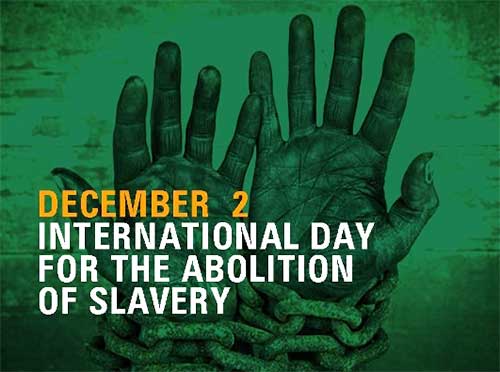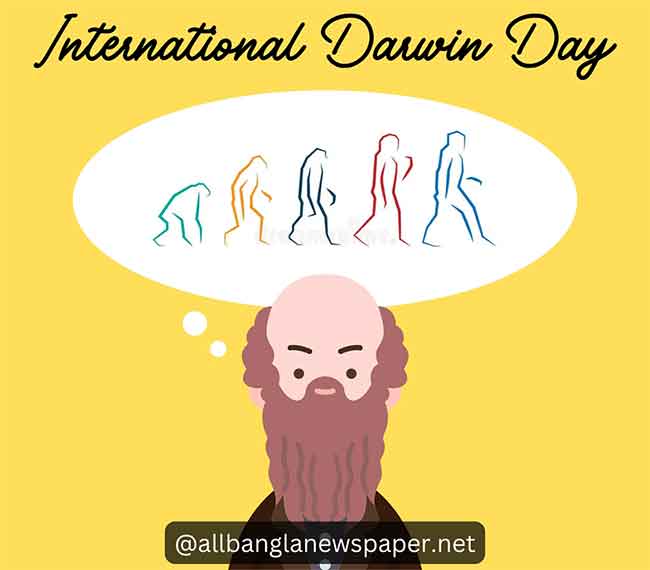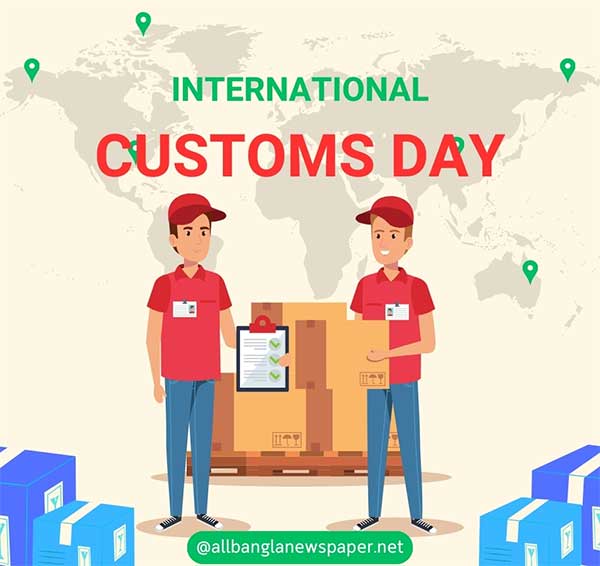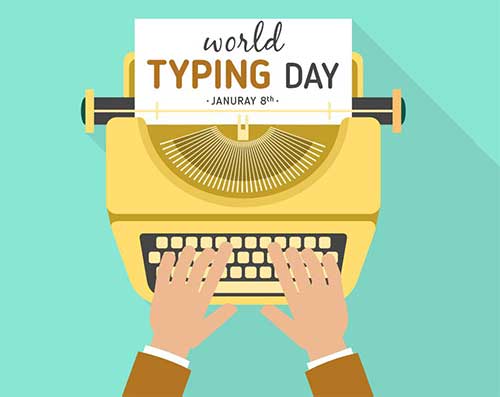
The International Day for the Abolition of Slavery, observed annually on December 2nd, serves as a powerful reminder of humanity's ongoing struggle against all forms of modern slavery. This day, established by the United Nations, highlights the urgency of combating exploitative practices that violate human rights and dignity worldwide. Modern slavery, though often hidden in plain sight, affects millions of people, including children, women, and men, across every continent.

Slavery, in its many forms, continues to evolve. While traditional forms like forced labour and bonded servitude persist, new methods such as human trafficking and exploitation through technology are rising concerns. Let's dive deep into the importance of this international day, the alarming realities of modern slavery, and how global communities can take action to eradicate it.
Understanding the Scope of Modern Slavery
Modern slavery refers to exploitative practices where individuals are forced to work or live in conditions that strip them of their autonomy and dignity. According to the International Labour Organization (ILO), over 50 million people globally are victims of modern slavery, as of recent estimates. This shocking figure includes:
• Forced labour: Enforced work without fair compensation or freedom of choice.
• Human trafficking: The illegal trade of people for forced labour, sexual exploitation, or other abusive purposes.
• Child labour: The exploitation of children in industries, often at the cost of their education and well-being.
• Forced marriage: Marriages in which one or both parties are coerced into the union, often accompanied by abuse or exploitation.
These crimes are not confined to any region but occur globally, affecting vulnerable populations in developing and developed countries.
The History and Significance of December 2nd
The International Day for the Abolition of Slavery was formally recognized by the United Nations General Assembly in 1986 to commemorate the adoption of the UN Convention for the Suppression of the Traffic in Persons and the Exploitation of the Prostitution of Others.
The date of December 2nd was chosen to bring global attention to the persistence of slavery in its many guises. Although the transatlantic slave trade was abolished centuries ago, its legacy and modern equivalents continue to haunt societies. This day emphasizes the commitment to abolish slavery in all its forms and calls for collective action to achieve justice and equality.
Modern Slavery in the Digital Era
In today's interconnected world, technology has become a double-edged sword. While digital platforms can be tools for education and advocacy, they are also exploited by traffickers to prey on vulnerable individuals. The dark web, online grooming, and deceptive recruitment advertisements are just a few examples of how technology facilitates exploitation.
The rise of global supply chains also complicates matters. Consumers often unknowingly support industries that exploit labour through unsafe working conditions or underpayment. Initiatives like ethical sourcing and transparency in supply chains are crucial to addressing these challenges.
The Role of Advocacy and Awareness
Awareness is the first step in combating modern slavery. Many people are unaware of how pervasive the issue is or how their actions, such as purchasing decisions, may indirectly perpetuate exploitation. Advocacy groups, non-governmental organizations (NGOs), and international coalitions play a pivotal role in:
• Educating communities about the signs of exploitation.
• Pressuring governments to implement and enforce stricter anti-slavery laws.
• Empowering survivors through rehabilitation and support programs.
The phrase World AIDS Day Understanding the Importance of Awareness and Action resonates deeply here. Just as global efforts have successfully raised awareness about AIDS, a similar unified strategy can help eradicate modern slavery.
The United Nations' Efforts in Combating Slavery
Through initiatives like the Sustainable Development Goals (SDGs), the United Nations has prioritized ending slavery. Goal 8.7 specifically calls for measures to "eradicate forced labour, end modern slavery and human trafficking, and secure the prohibition and elimination of the worst forms of child labour, including recruitment and use of child soldiers, by 2025."
UN agencies like the International Labour Organization and the United Nations Office on Drugs and Crime (UNODC) work closely with governments and civil society to provide:
• Legal frameworks: Assisting nations in enacting laws that criminalize slavery.
• Survivor support: Funding programs that help victims reintegrate into society.
• Global monitoring: Tracking progress and identifying emerging trends in exploitation.
What Individuals Can Do to Help
As global citizens, we all have a role to play in ending modern slavery. Here are some practical steps you can take:
• Educate yourself: Learn about modern slavery and its manifestations. Knowledge is a powerful tool against ignorance.
• Support ethical brands: When purchasing goods, look for certifications like Fair Trade or B Corp to ensure ethical practices.
• Report suspicious activity: If you suspect someone is a victim of trafficking or forced labour, contact local authorities or helplines.
• Volunteer or donate: Support organizations working to combat modern slavery through time or financial contributions.
Stories of Resilience and Hope
Despite the grim realities, countless stories of resilience remind us of the power of hope and the human spirit. Survivors of modern slavery often emerge as advocates and change-makers, using their voices to inspire global action. Their courage is a testament to the importance of support systems, education, and advocacy in breaking the cycle of exploitation.
Looking Ahead: A Future Without Slavery
The fight against modern slavery is far from over, but progress is being made. With international cooperation, stronger laws, and widespread awareness, we can hope for a future where everyone lives with freedom and dignity. The International Day for the Abolition of Slavery is a powerful reminder of our shared responsibility to stand against exploitation in all its forms. By acknowledging the problem, supporting initiatives, and demanding systemic change, we can pave the way for a world free from slavery. In this world, Human Rights are universally respected, and justice prevails.
# InternationalDayForTheAbolitionOfSlavery #ModernSlavery #ForcedLabor,



